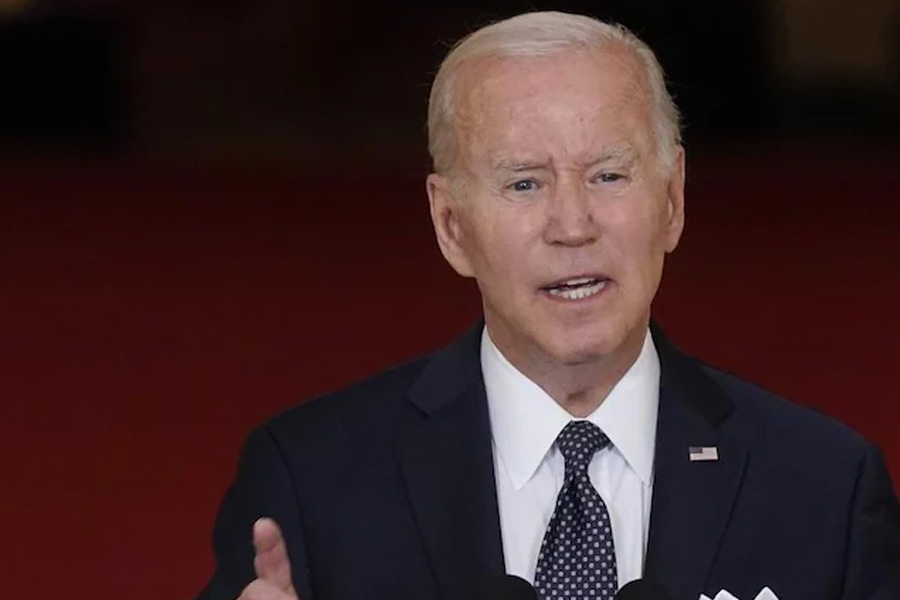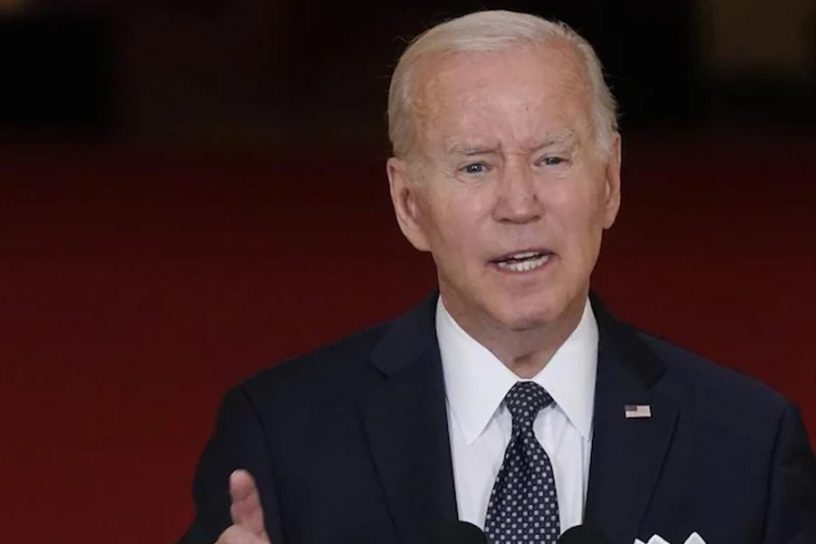
This recent declaration by the US and Israel vehemently pronounced that both the countries are not going to allow Iran to acquire a nuclear weapon.
Authors
Abhinav Mehrotra, Assistant Professor, Jindal Global Law School, O.P. Jindal Global University, Sonipat, Haryana, India.
Biswanath Gupta, Associate Professor, Jindal Global Law School, O.P. Jindal Global University, Sonipat, Haryana, India.
Summary
United States President Joe Biden completed his West Asia visit on July 13, with trips to Jerusalem and Riyadh. There is a need to understand the relevance of the visit concerning deepening of the relationship in the Middle East region as they face their common foe Iran.
On the second day of Biden’s visit, the US and Israel signed a joint pledge to deny Iran access to nuclear arms. This diplomatic initiative is a show of unity for allies long divided over the politics with Tehran. This symbolic treaty between the US and Israel has laid out for Iranian leadership a path to return to the Joint Comprehensive Agreement with the US which is still waiting for a response.
Both Israel and Saudi Arabia have made desperate attempts to thwart the US-Iran nuclear deal in 2013. The 2013 Nuclear Deal with Iran created discomfort for Saudi Arabia as well as Israel. Saudi saw it as an opportunity for Iran to improve its economic capabilities to create a nuclear weapon. Saudi argued that this deal was signed for a limited time of 15 years and did not mandate Iran to destroy its nuclear technologies. The present declaration between Israel and the US reiterated and satisfied their anti-Iran position to prevent Iran from acquiring nuclear weapons.
This recent declaration by the US and Israel vehemently pronounced that both the countries are not going to allow Iran to acquire a nuclear weapon. Both Washington and Tel Aviv made separate statements about the possible preemptive war against Iran.
Published in: CNN-News18
To read the full article, please click here.


